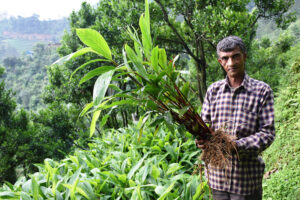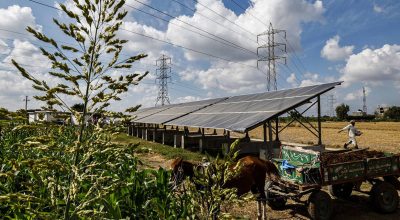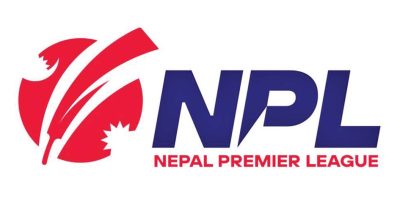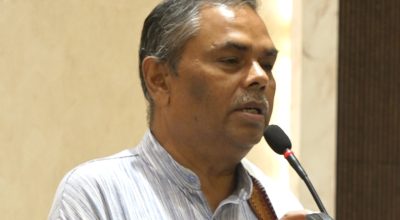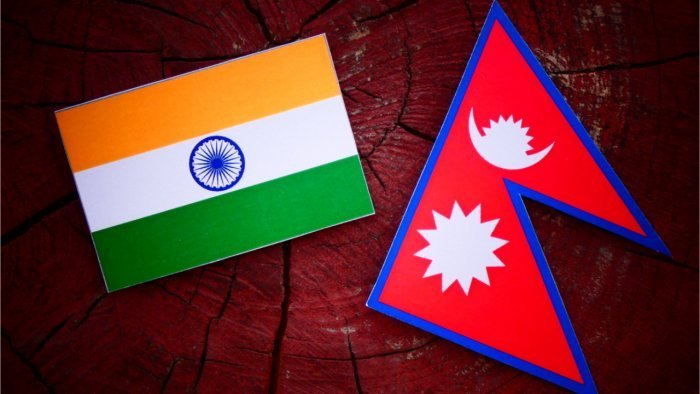
Ranjit Rae
Even as Nepal suffers from the economic fallout of the Ukraine conflict in terms of higher food, fuel and fertilizer costs and reduced growth on the one hand and is buffeted by the US-China contestation for influence witnessed in the acrimonious debates on the US-sponsored MCC (Millennium Challenge Corporation) versus Chinese BRI (Belt and Road Initiative) projects, it continues to be plagued by political uncertainty. Though it is only three months since the general elections were held in November 2022, we are likely to see a second coalition government being formed in the coming days.
The last general elections were held between two broad coalitions, namely the Nepali Congress (NC) and the Maoists on the one hand and the Communist Party of Nepal (UML) and the royalist Rashtriya Prajatantra Party (RPP) on the other. Given a relatively low voter turnout and the emergence of new parties, such as the Rashtriya Swatantra Party and a revitalized RPP, there appears to be a public disenchantment with the political process and non-delivery by successive Governments despite the adoption of a new constitution in 2015. Indeed, it could be argued that the emergence of the new forces, some of whom were anti-federal and others that sought to revive the monarchy and a Hindu Rashtra, represented a pushback against some of the seminal changes in Nepal enshrined in the new federal, republican and secular Constitution.
Despite emerging as the single largest group, the NC-led coalition was unable to form the government. Talks collapsed on the issue of which leader, Deuba of the NC or Prachanda of the junior partner, the Maoists, would first become prime minister. The wily K P Sharma Oli of the UML, which had emerged as the second largest party, sensing an opportunity, extended support to the Maoists and formed a government with Prachanda; other members of the coalition, namely UML, the RSP and the RPP secured plum posts. The understanding was that the UML would get the posts of both the President and the Speaker of the House. In effect, the single largest party, the NC, which should have formed the government, ended up losing all key posts, viz., President, PM, Speaker and chief ministers of the provinces; the UML, the second largest party, despite having lost the elections secured several high-level posts.
In a bid to rectify their earlier mistake, the NC, despite being in the opposition, decided to support the Maoist-UML coalition under Prachanda when it sought a vote of confidence in the House. They did so hoping that the Maoists would support an NC candidate during the presidential elections. It is this action that created a manoeuvre room for Prachanda vis-à-vis Oli. Prachanda eventually decided to renege on his earlier understanding to support Oli’s candidate for president and instead extended his support to the NC candidate.
Prachanda was fearful that an activist president loyal to UML leader Oli – similar to outgoing President Bidya Devi Bhandari, who flagrantly violated the Constitution on several occasions in favour of then PM Oli and was castigated by the Supreme Court – would reduce Prachanda to a lame duck PM with the real power being vested in Oli.
As a result of this development, the UML, along with RPP, withdrew support to the Prachanda-led government, which has now decided to seek a fresh vote of confidence after the election of the President on March 9. It is expected that the NC candidate Ram Chandra Poudel would be elected President and Prachanda will secure the vote of confidence with the support of the Nepali Congress. In effect, the coalition of NC, Maoists and other junior partners as it prevailed prior to the general elections has been restored. Each of the three leaders, Prachanda, Madhav Kumar Nepal (head of a smaller party that split from the UML) and Deuba, will lead the government for a specified time frame by rotation, beginning with Prachanda.
This, however, is not the end of the story. Of the three combinations for government formation, UML-Maoist, NC-Maoist and UML-NC, the first has failed (the Chinese have sought for a long time to bring the major communist forces of Nepal together) and the second is now being tried out. Should the latter also fail, there still remains the possibility of the two big parties, NC and UML, coming together as they did in the past after the elections to the second Constituent Assembly in 2013.
The new government faces significant economic and foreign policy-related issues. Even as Nepalese vote with their feet – almost a third of the population travels to India and the Gulf countries for work, and as GDP growth slows, urgent measures are required to step up domestic investment and FDI. One silver lining is the robust electricity trade between Nepal and India whereby Nepal has sold an equivalent of $85 million worth of electricity to India during the 2022 monsoon season; plans are now afoot for the sale of Nepalese electricity to Bangladesh through India. The development of this sub-regional market in energy will significantly strengthen regional economic integration, reduce Nepal’s balance of payments deficit and create a win-win situation for participating countries.
On the foreign policy front, Nepal has to deal with growing US interest represented in the MCC compact as well as a series of high-level visits, including one by the Deputy Secretary of State (newspaper reports suggest that Nepal vetoed the visit of the CIA Director) as well as the deepening Chinese involvement not merely in the Belt and Road Projects, but in domestic affairs, especially as they relate to political parties of a communist persuasion.
For India, our security and developmental stakes remain high; we must remain engaged with all sections of opinion in Nepal and particularly the new political forces and the youth. Any stepping back or lowering our profile would create a vacuum that will be filled by others and this may not be in our longer-term strategic interest.
The writer is a former Ambassador to Nepal and author of Kathmandu Dilemma, Resetting India-Nepal Ties)
Source: https://www.deccanherald.com/national/india-needs-to-engage-with-nepal-despite-political-uncertainty-1197245.html





